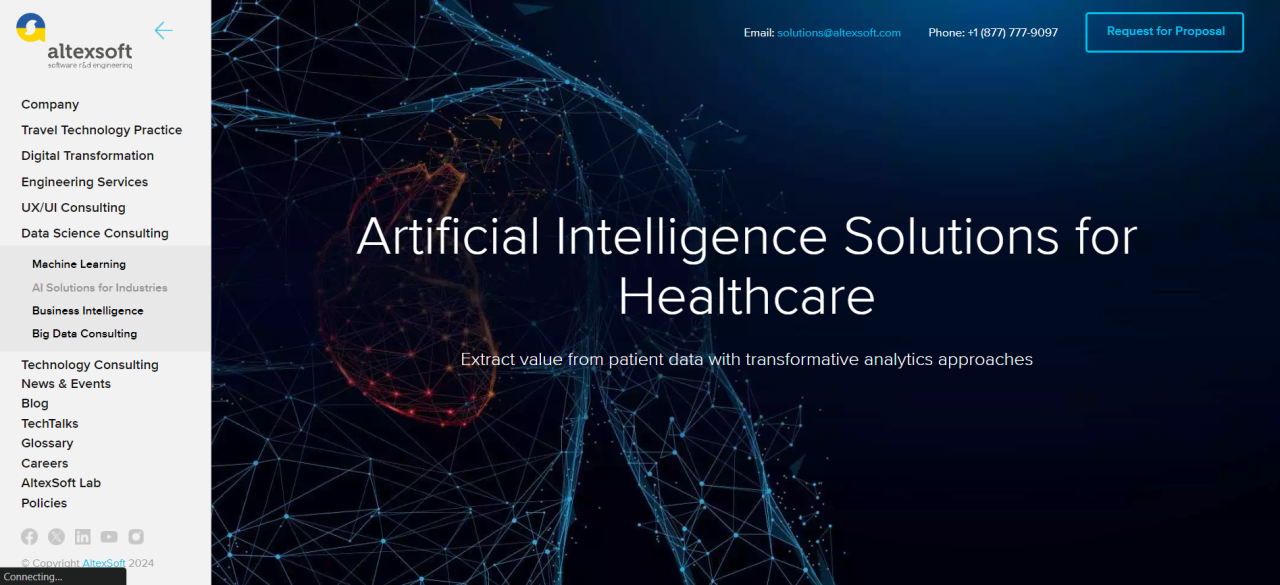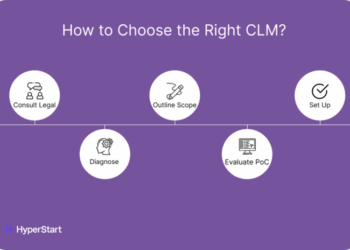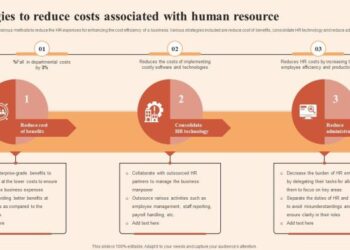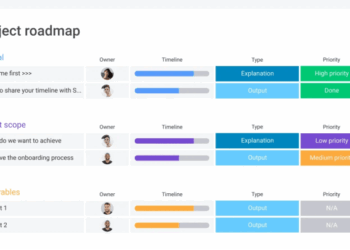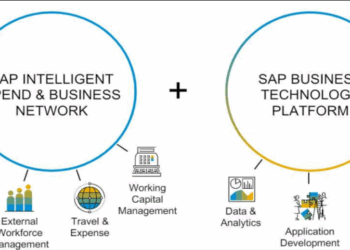AI-powered healthcare solutions set the stage for a groundbreaking revolution in the medical field. With the integration of artificial intelligence, the landscape of healthcare is undergoing a paradigm shift towards more efficient and effective patient care. This article delves into the transformative power of AI in healthcare, showcasing how technology is reshaping the way we approach medical treatment and management.
Overview of AI-Powered Healthcare Solutions
AI-powered healthcare solutions leverage artificial intelligence technologies to improve patient care, streamline operations, and enhance decision-making processes in the healthcare industry. By utilizing machine learning algorithms and data analytics, AI can analyze vast amounts of medical data quickly and accurately, leading to more efficient diagnoses and treatment plans.AI is transforming the healthcare industry by enabling healthcare providers to deliver personalized medicine, predict patient outcomes, and optimize resource allocation.
With AI-powered tools, healthcare professionals can identify patterns in patient data, detect anomalies, and make data-driven decisions that improve patient outcomes and reduce costs.
Examples of AI Applications in Healthcare Settings
- Medical Imaging Analysis: AI algorithms can analyze medical images such as X-rays, MRIs, and CT scans to detect abnormalities and assist radiologists in diagnosing conditions like cancer or fractures.
- Predictive Analytics: AI can predict patient outcomes based on historical data, identifying patients at risk of developing certain conditions or experiencing complications.
- Virtual Health Assistants: AI-powered chatbots and virtual assistants can provide patients with information, schedule appointments, and offer personalized health recommendations.
- Drug Discovery: AI algorithms can analyze molecular structures and predict the efficacy of new drugs, accelerating the drug discovery process and reducing costs.
Benefits of AI in healthcare
AI has revolutionized the healthcare industry, offering a wide range of benefits that enhance patient care, outcomes, and operational efficiency in healthcare facilities.
Improved Patient Care and Outcomes
AI-powered healthcare solutions have significantly improved patient care and outcomes by enabling early detection of diseases, personalized treatment plans, and real-time monitoring of patients. For instance, AI algorithms can analyze large datasets to identify patterns and predict potential health issues, allowing healthcare providers to intervene proactively.
This results in better treatment outcomes and higher patient satisfaction.
Streamlining Administrative Tasks
AI streamlines administrative tasks in healthcare facilities by automating processes such as appointment scheduling, billing, and medical record management. This not only reduces the administrative burden on healthcare staff but also minimizes errors and improves overall operational efficiency. By utilizing AI technologies, healthcare facilities can optimize resource allocation, reduce waiting times, and enhance the overall patient experience.
AI technologies used in healthcare
AI technologies have revolutionized the healthcare industry by providing innovative solutions to improve patient care, diagnosis, and treatment. Various AI technologies are utilized in healthcare settings to enhance efficiency and accuracy.
Popular AI technologies in healthcare
- Natural Language Processing (NLP): NLP enables computers to understand, interpret, and generate human language. In healthcare, NLP is used for analyzing medical records, extracting information, and assisting in clinical decision-making.
- Machine Learning (ML): ML algorithms enable computers to learn from data and make predictions or decisions without being explicitly programmed. In healthcare, ML is used for diagnosing diseases, predicting patient outcomes, and personalizing treatment plans.
- Computer Vision: Computer vision technologies allow machines to interpret and analyze visual information from the real world. In healthcare, computer vision is used for medical imaging analysis, detecting anomalies in scans, and assisting in surgical procedures.
- Deep Learning: Deep learning is a subset of ML that involves neural networks with multiple layers to model complex patterns in data. In healthcare, deep learning is used for image recognition, drug discovery, and genomics research.
Examples of AI-powered tools in healthcare
- IBM Watson: IBM Watson is a cognitive computing system that utilizes NLP and ML algorithms to assist healthcare professionals in diagnosing and treating patients.
- Google DeepMind: Google DeepMind has developed AI algorithms for analyzing medical images, predicting patient deterioration, and improving healthcare operational efficiency
.
- GE Healthcare: GE Healthcare utilizes AI technologies for medical imaging interpretation, patient monitoring, and disease detection to enhance clinical outcomes.
- Prognos: Prognos uses AI-powered analytics to improve diagnostic accuracy, identify high-risk patients, and optimize treatment strategies in healthcare settings.
Challenges and limitations of AI in healthcare
AI-powered healthcare solutions have the potential to revolutionize the industry, but they also come with their own set of challenges and limitations. From ethical concerns to integration issues, there are various obstacles that need to be addressed in order to fully realize the benefits of AI in healthcare.
Ethical concerns related to AI implementation in healthcare
One of the major challenges of implementing AI in healthcare is ensuring ethical standards are maintained. Issues such as patient privacy, data security, and bias in algorithms need to be carefully monitored and regulated to prevent any potential harm to patients.
Challenges faced in integrating AI solutions into existing healthcare systems
Integrating AI solutions into traditional healthcare systems can be a complex process. Healthcare providers may face challenges in terms of compatibility with existing technologies, staff training, and resistance to change. It is essential to carefully plan and strategize the implementation process to ensure a smooth transition.
Potential limitations and risks associated with AI-powered healthcare technologies
While AI has the potential to improve diagnostic accuracy, treatment effectiveness, and operational efficiency in healthcare, there are also limitations and risks to consider. These include the reliance on data quality, algorithm bias, regulatory hurdles, and the potential for errors or misinterpretations.
It is important for healthcare organizations to address these risks and implement safeguards to mitigate any negative outcomes.
Future trends in AI-powered healthcare
AI has already made significant strides in transforming the healthcare industry, but its impact is expected to grow even further in the future. As technology continues to advance, we can predict several key trends that will shape the future of AI-powered healthcare.
Integration of AI with IoT devices
With the proliferation of Internet of Things (IoT) devices, we can expect to see increased integration of AI technology with these devices in healthcare settings. This will enable real-time monitoring of patient data, leading to more personalized and proactive healthcare solutions.
Advancements in predictive analytics
AI-powered predictive analytics will play a crucial role in identifying potential health issues before they escalate, allowing for timely interventions and preventive measures. This will not only improve patient outcomes but also help in reducing healthcare costs.
Enhanced telemedicine services
The combination of AI and telemedicine will revolutionize the way healthcare services are delivered, making it more accessible and convenient for patients. AI algorithms can assist healthcare providers in making accurate diagnoses remotely, leading to improved patient care outcomes.
Genomics and precision medicine
AI's ability to analyze vast amounts of genomic data will facilitate the development of personalized medicine tailored to individual patients. This precision medicine approach will lead to more effective treatments with fewer side effects, optimizing patient outcomes.
Ethical considerations and regulations
As AI continues to evolve in healthcare, there will be a growing focus on addressing ethical considerations and establishing regulations to ensure patient data privacy and security. It will be crucial to strike a balance between innovation and ethical standards to harness the full potential of AI in healthcare.
Epilogue
In conclusion, AI-powered healthcare solutions hold immense promise for the future of medicine, revolutionizing the delivery of care and enhancing patient outcomes. As we navigate through the complexities and possibilities that AI offers in healthcare, one thing is certain - the evolution of technology is paving the way for a brighter and healthier tomorrow.
Question Bank
What are some common ethical concerns surrounding AI in healthcare?
Some ethical concerns include patient data privacy, algorithm bias, and the potential for AI to replace human decision-making in critical medical situations.
How does AI improve patient care outcomes?
AI enhances patient care outcomes by enabling early disease detection, personalized treatment plans, and predictive analytics to prevent medical complications.
What are the popular AI technologies used in healthcare?
Popular AI technologies include machine learning algorithms, natural language processing, computer vision, and robotics used for surgical procedures.
How will AI continue to shape the future of healthcare?
AI is expected to drive advancements in telemedicine, remote patient monitoring, and precision medicine, leading to more personalized and efficient healthcare services.

